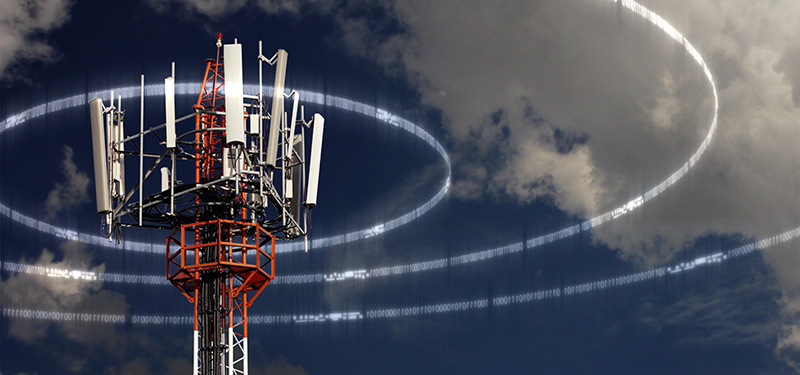
While the summer heat is welcome, the extremes of heat from climate change certainly isn’t. Many industries including the telecoms sector are taking measures to reduce energy usage and so minimise CO2 emissions. Their contribution to the battle against climate change is not purely altruistic as reducing energy consumption has a financial benefit. Energy costs represent a significant proportion of a telecom company’s operating expenditure.
For a mobile operator, around 70% of energy usage is consumed by the thousands of cell sites in their radio access network. The expected increase in mobile data traffic and the expansion of the 5G infrastructure makes the need to conserve energy even more important.
Mobile operators are rising to this challenge by using a variety of methods to conserve energy. These include the use of AI with machine learning to identify and then predict periods of low traffic at each individual cell site. Using this information, the system then switches off certain radio carriers when the capacity is not needed.
During overnight periods of very low activity, sites can be put into ‘deep sleep’. Carriers are automatically ‘woken up’ again when the network gets busier. As this can take place in a matter of seconds, the use of AI should not lead to any service disruption.
Other energy saving techniques now employed by mobile network operators include switching off 3G transmissions, the use of passive air cooling at sites, and the use of electric vehicles.
PTT offers several online courses covering mobile technologies and services ranging from the Introduction to mobile systems to the Advanced mobile systems course.